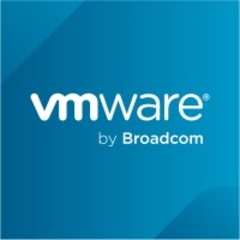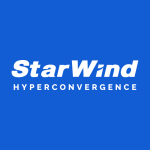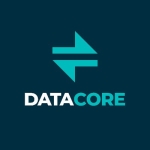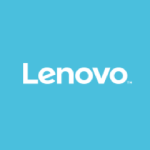We are a solution provider and VMware vSAN is one of the software-defined storage products that we propose to our customers. Most of the use cases that we see from our customers are where they need to utilize their own hardware. When the environment grows then they buy additional storage.
This product has very good performance when it comes to virtualization storage and works well with solutions such as SAP HANA, Exadata, Hadoop, and Big Data Analytics.
The most valuable feature is the integration with vSphere.
The deduplication and compression work well.
One of the benefits of using this solution is that when you need additional storage, you just add it.
More focus has to be put on deduplication and compression with a hybrid architecture. The reason is that some customers need to have a more cost-effective solution so they don't want to implement all-flash. As such, they need to use a hybrid environment.
I have been working with VMware vSAN for more than ten years, from when vSAN first began.
This is a very reliable product.
It is easy to deploy additional machines when you need them for your workload.
vSAN can be expanded up to 96 hosts.
The support is very good and they respond quickly.
The initial setup is very straightforward. The length of time required for deployment depends on the number of nodes that it will be installed in. The typical setup takes from one week to two weeks.
The pricing vSAN is very expensive. Enterprise customers can customize their licenses according to their own needs and budget.
There is a cloud offering of this solution but our customers always choose the on-premises version. Most of our customers do not use vSAN as a standalone solution but rather, as part of a hyper-converged infrastructure. We normally propose its use with a product like VxRail and my advice is not to implement it standalone.
I would rate this solution an eight out of ten.














